Tiny homes, big change: How DC can adapt tiny homes to fight homelessness
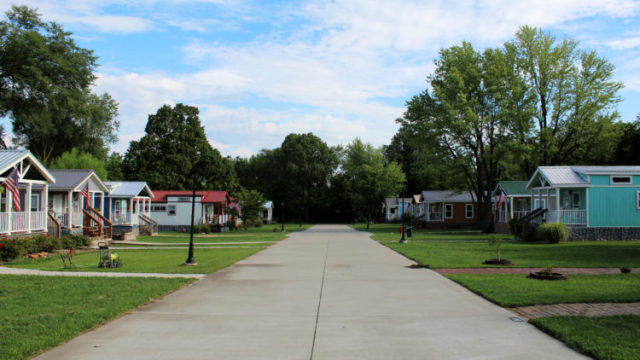
On a late summer morning in Springfield, Missouri, Lymon Sanderson stood in front of his 400-square-foot house and drank in the vibrant oranges, blues and greens of his neighbors’ homes.
Sanderson lives in a tiny home community known as Eden Village. It was built by a religiously affiliated nonprofit called The Gathering Tree to provide people without homes a place to live.
Tiny homes have become popular in recent years with hundreds of communities popping up all across the country. Some municipalities have embraced this trend and found that tiny home communities could provide a way to build more dense and affordable housing to the people who need it most.
By Hannah Loder | Read the full story

Mayor Bowser creates new program to support families transitioning out of homelessness
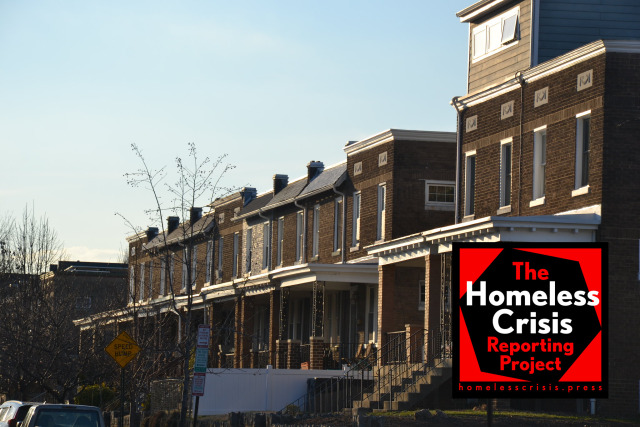
Mayor Muriel Bowser has introduced the Career Mobility Act Plan, a rent and income support plan that started its pilot phase at the end of September. This “Career MAP” program aims to help 600 selected families with transitioning out of homelessness by providing personalized career support, up to $10,000 in cash, and rent assistance.
The program seeks to aid a specific set of families who do not require permanent housing vouchers but may face a “benefits cliff,” which occurs when an increase in income edges a family out of eligibility for public assistance. In these cases, the total take-home pay of a family actually decreases due to the loss in benefits. The families selected for the program are currently participating in the Family Re-Housing Stabilization Program, which offers a 12-month rent subsidy for families facing this benefits gap.
By Nora Scully and Franzi Wild | Read the full story

D.C.’s homeless encampment plan, 1 year later
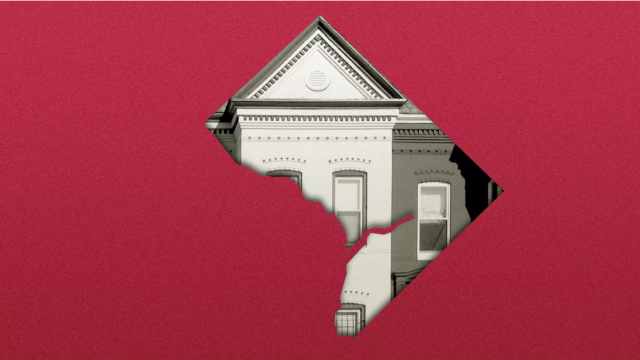
A year after D.C. launched a pilot program to clear homeless encampments, approximately 72% of those in the pilot have been housed.
Why it matters: The CARE program – which prompted an outcry when a Bobcat removing tents at one encampment lifted a man inside a tent — divided the city when it was introduced last fall.
- Bowser administration officials heralded the program as a housing-first approach, but some advocates for people experiencing homelessness criticized it for merely shuffling them to new encampments.
By Chelsea Ciruzzo | Read the full story

Opinion by Jonetta Rose Barras: DC elected officials claim to care about poor people, but the HUD report says otherwise
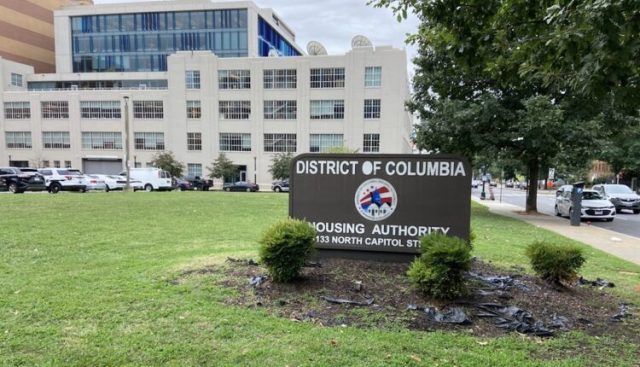
Don’t expect me to mince words here. The DC government and, thus, the entire city, particularly low-income residents, have been drowning in high-cost mediocrity and breathtaking incompetence for decades. Some of the adverse consequences of that reality were recently laid bare in the assessment of the DC Housing Authority (DCHA) conducted by the federal Department of Housing and Urban Development (HUD).
Three of the five primary issues that HUD assessors identified in their 72-page report as contributing to the agency’s abject failure to administer its Housing Choice Voucher and its public housing programs are connected to inadequate or poor management and abysmal oversight by the agency’s board. Add local elected officials to the class of the irresponsible, including Mayor Muriel Bowser and the DC Council — especially at-large Council member Anita Bonds, whose Committee on Housing and Executive Administration is charged with overseeing DCHA.
By Jonetta Rose Barras | Read the full story

Kojo In Our Community: Montgomery County Officials, Advocates, And Residents On Housing Issues
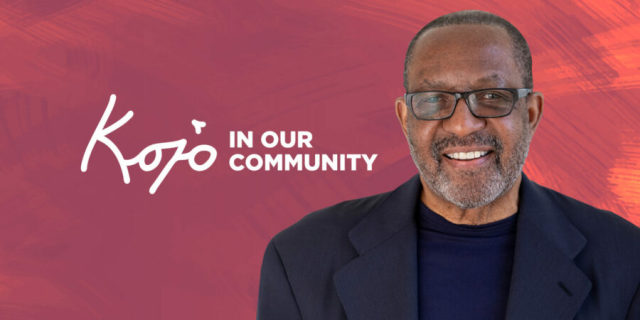
Amid a regional housing shortage and rising rents, Montgomery County is grappling with a complex issue: How to create more housing.
Officials have proposed ideas like building more housing, including designated affordable units, near Metro stations. And they are considering allowing single-family neighborhoods to be rezoned to allow different housing types, like duplexes and triplexes. Many of these proposals are included in the new general plan, Thrive Montgomery 2050.
But the plan and its proposals have drawn both praise as well as vocal opposition. Residents, including many homeowners, are concerned that measures to increase housing density could change the character of neighborhoods, cause environmental damage, and increase traffic. On the other hand, some worry that the plan doesn’t do enough to address affordable housing and racial equity.
In this hour, Kojo Nnamdi talked with local officials, advocates, and residents about housing in Montgomery County, and the path forward.
By Kojo Nnamdi | Listen to WAMU 88.5 at 1 p.m., or stream afterwards

‘It’s Fight Or Flight Out Here:’ What It’s Like To Be An Unhoused Woman In D.C.
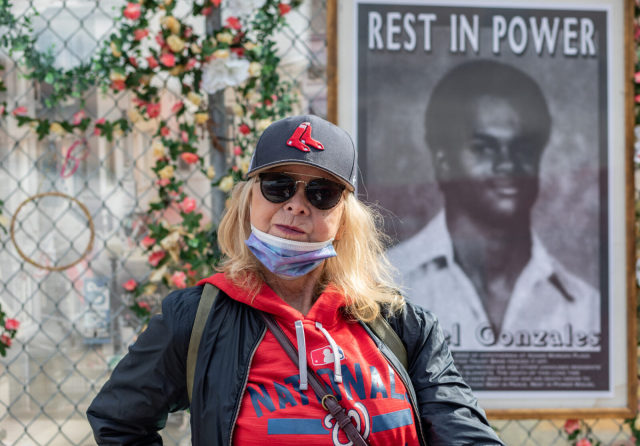
Women across America are significantly less likely to experience homelessness than men, a disparity that is particularly high in D.C., where rates of homelessness are roughly three times higher among men than women, according to data from the Homelessness Research Institute.
Being outnumbered by their male counterparts means unhoused women face particular challenges, including disproportionately experiencing sexual assault and struggling to access services that cater to their specific needs, such as housing and health care. Women’s shelters in the District often run out of beds and lack adequate security, leaving women vulnerable to attacks and the many other perils of sleeping outdoors.
Gaspard Le Dem | Read the full story

Opinion: Casa Ruby is closed. What happens to homeless youth now?

Imagine being 17 years old without a parent or guardian or a permanent place to call home when housing costs are soaring, and high inflation is driving up the cost of food and other necessities. When well-educated, financially stable Washingtonians are tightening their financial belts because of the uncertainty, it is a frightening time to be trying to figure things out on the District’s streets.
There are more than 1,300 youth experiencing homelessness in the District. And young people of color and those identifying as LGBTQ+ are disproportionately represented.
By Rachel White | Read the full story

Number of D.C. shelters serving LGBTQ homeless is growing
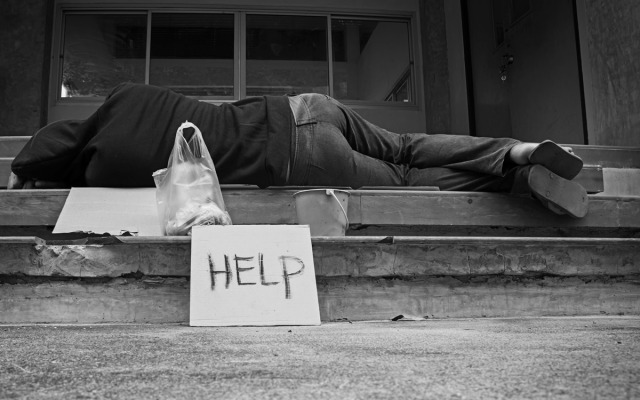
The Wanda Alston Foundation states on its website that it made history in 2008 when it opened D.C.’s first transitional housing program solely dedicated to LGBTQ+ youth ages 18 to 24 experiencing homelessness.
As part of that program, the foundation, named after the late and beloved LGBTQ rights advocate Wanda Alston, has since opened two more LGBTQ youth homeless facilities, including one that opened last year that also made history.
Referred to as Renita’s, it’s a two-bed, two-year transitional housing program believed to be the first known such facility focused specifically on serving homeless transgender men of color.
By Lou Chibbaro Jr | Read the full story

At This Alexandria Community, The Challenges Of Mobile Home Ownership Are Thrown Into Sharp Relief
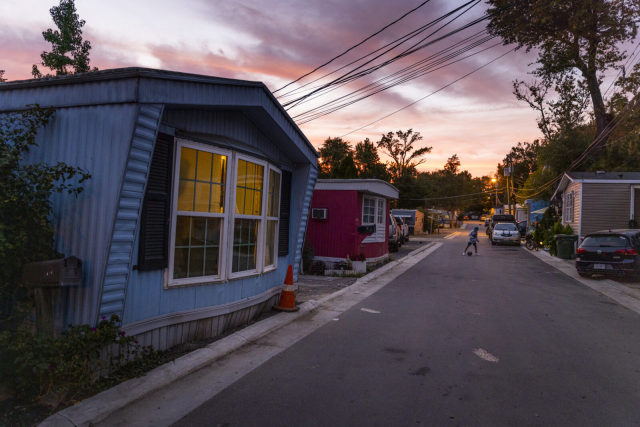
Amilcar Benitez’s home, as well as his neighborhood in Harmony Place, has gone through immense transition in the past year. Last fall, the owners of the mobile home park along Richmond Highway (Route 1) in Fairfax County were looking to sell and pursued an offer from a real-estate investment company. Benitez and other Harmony Place residents quickly worked with the county and an Alexandria-based community organizer to create a counterproposal. If accepted, a local nonprofit would own and manage the park, backed by county financing — a model the county now regards as a template for future ownership proposals. But in December, the park owners closed on the deal with the investor, Six Rock Properties, for $1.5 million less than the proposal arranged by tenants.
“I personally tell him, ‘Look, you’re trying to take our opportunity,’” Benitez recalls. “You have a lot of money. And this is a low-income community.”
By Eliza Tebo | Read the full story

Helping Rockville families find a place to call home: Inside the work of Stepping Stones Shelter
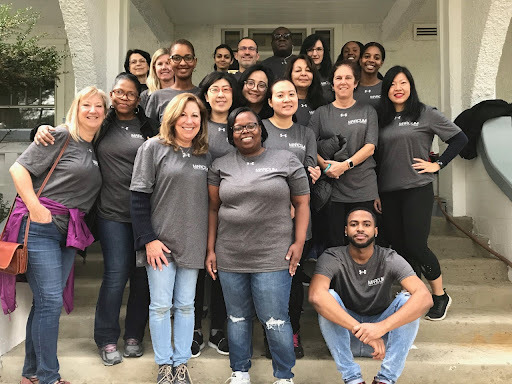
In 1982, Stepping Stones Shelter made history as the first homeless shelter for families in Montgomery County, MD. Today, it’s best known for its location in Rockville’s historic Dawson Farmhouse and for providing about 30 families with housing and services each year.
Stepping Stones houses families of all shapes and sizes; two-parent families, single parents, multigenerational households and anyone with custody of a minor. The shelter’s Hope Housing Program also provides permanent supportive housing for two families with disabled heads of household. Stacey Gold, Stepping Stones’ executive director, has navigated five years of growth and change at the shelter. Street Sense Media spoke with Gold about carrying on the shelter’s legacy.
By Sophia Thomas | Read the full story

As Climate Change Increases Extreme Rain And Flooding, D.C.’s Most Vulnerable Residents Pay The Price

The first days of D.C. fall were gray and gusty this year, with temperatures that slipped into the 40s and rain that wavered between a drizzle and a downpour for days. The remnants of Hurricane Ian, whose forces devastated parts of North Carolina, Florida, and Cuba, dumped two inches of rainfall in the first five days of the month – already more than half of the monthly average for October, according to the National Weather Service.
While some D.C. residents mourned the loss of canceled weekend plans, Michael Allen, a 69-year-old Tennessee native who has lived outside of Union Station for the past five years, was hoping that his tarp would keep him dry in spite of its many holes.
By Colleen Grablick | Read the full story

Housing, dignity and a job at Friendship Place
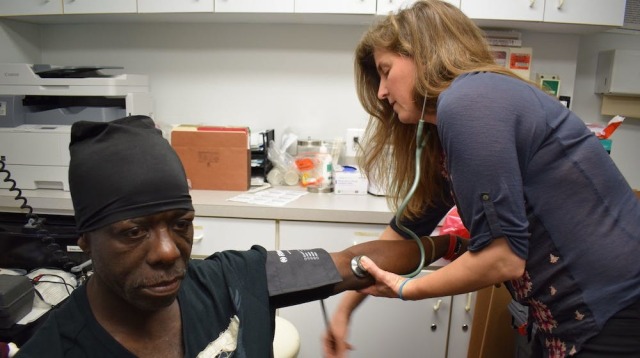
If you don’t know to look for it, Friendship Place is easy to miss. From the outside it could be mistaken for any other house, dwarfed by the commercial buildings beside it on Wisconsin Avenue in Tenleytown. But for those who seek it out, Friendship Place, a nonprofit that provides services to people experiencing homelessness, can be life-saving.
Friendship Place first opened in Tenleytown 30 years ago as a community-led effort to support homeless people in the wealthiest part of Washington.
By Gabe Castro-Root | Read the full story

What D.C. Could Learn From Tiny Home Communities

Image: Backyard cottage Accessory Dwelling Unit, Winchester, VA. BeyondDC // Flickr
Eden Village is a complex of tiny homes that has helped mitigate homelessness in Missouri. But could it work in D.C.?
As part of the 2022 Homeless Crisis Reporting Project, City Cast DC was joined by Street Sense reporter Hannah Loder to see if the District could adopt something similar.
By Bridget Todd | Listen to the full podcast

Without COVID-era protections, evictions in the region are ticking up
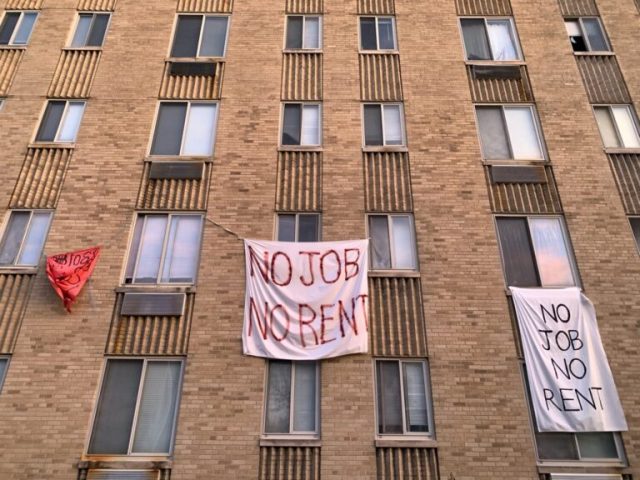
As the pandemic waned, Vivian Tatabod, a nurse in Prince George’s County, says she noticed many of her neighbors in her apartment building getting evicted.
“When people were going through so much,” she says. “Stuff outside, thrown out, families, struggling to find a place.”
Rent in her building, Takoma Towers, recently shot up — in Tatabod’s case, by $400 per month. She says she’s paid her rent while working on the front lines, treating elderly COVID-19 patients. Recently, she was contracted to work at DC Prep to help with COVID-19 testing. While working, she was also raising two children on her own.
But two months ago, that contract ended and she lost her job. Now, she too is facing eviction.
By Sarah Y. Kim | Read the full story




